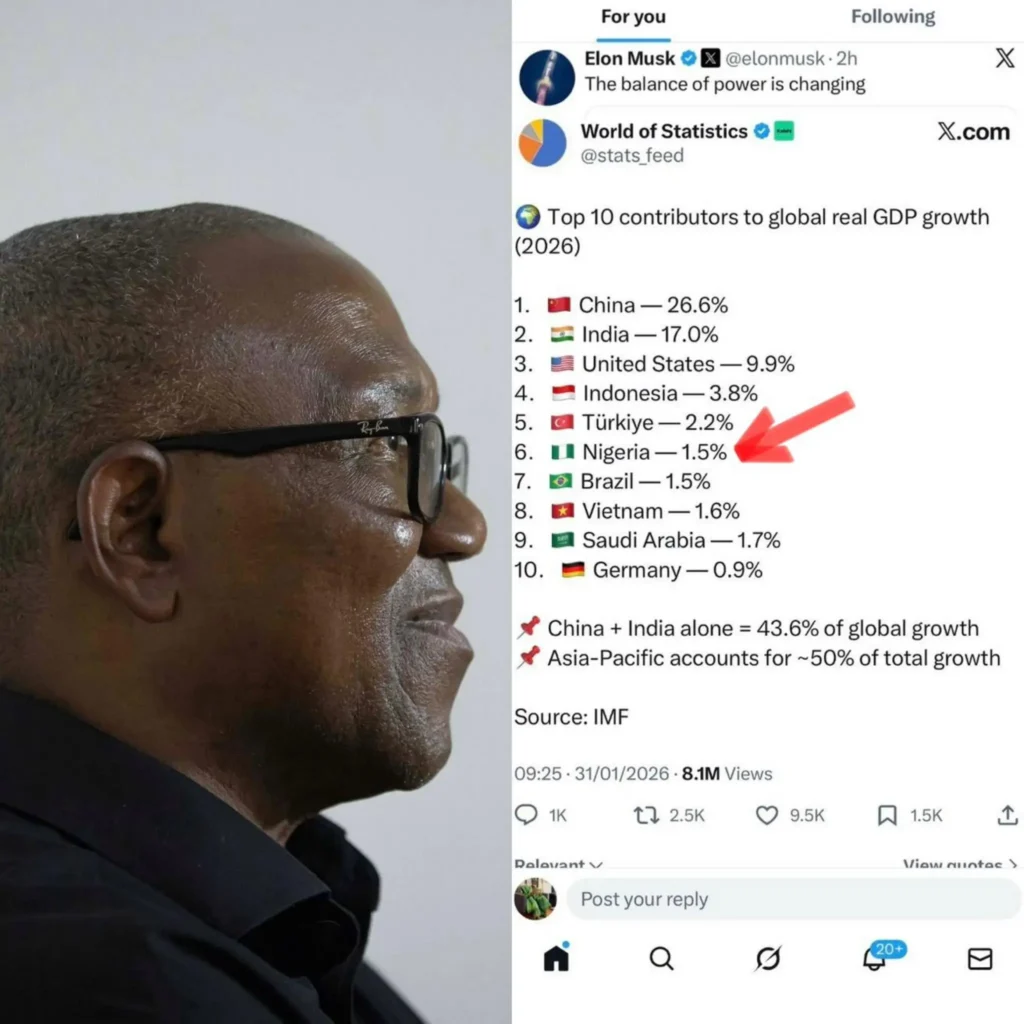NEZA Lauds Tax Reforms, Seeks Dialogue on Impact to Free Zones

The Nigeria Economic Zones Association (NEZA) has commended the Federal Government’s recent tax reforms, describing them as a positive step toward strengthening fiscal transparency and revenue management.
However, the association has called for constructive dialogue with stakeholders to address the potential impact on Nigeria’s free and special economic zones.
In a statement issued on Monday, NEZA said while it supports the objectives of the Nigeria Tax Act 2025 and the Nigeria Tax Administration Act 2025, certain provisions could undermine the competitiveness of the free zone regime. It expressed concern that taxing companies that do not trade within Nigeria’s customs territory runs contrary to the principles of free zones and could erode investor confidence.
“Free zones have been critical in attracting investment, generating jobs, and boosting non-oil exports. These reforms, though well-intentioned, risk discouraging investors and triggering capital flight to other African markets with more favorable policies,” the association warned.
NEZA noted that contrary to perceptions, free zones are not a drain on public revenue. It said operators in 2024 alone contributed over ₦100 billion in customs duties and ₦2 billion in Pay-As-You-Earn (PAYE) taxes, in addition to levies and infrastructure investments.
The group also highlighted the risk of job losses, warning that over 100,000 direct and indirect jobs could be affected if investor confidence declines.
While acknowledging the federal government’s efforts to broaden its tax base, NEZA urged policymakers to adopt a phased implementation strategy. It called for a temporary moratorium on the new provisions and the establishment of a structured engagement framework involving the Presidency, the Federal Inland Revenue Service (FIRS), the Nigeria Export Processing Zones Authority (NEPZA), and the Oil and Gas Free Zones Authority (OGFZA).
“Reforms of this scale require inclusive and transparent dialogue. A phased or transitional approach would safeguard jobs and revenue while maintaining investor certainty,” the association stated.
The association reaffirmed its commitment to working with government agencies to ensure that tax reforms achieve their objectives without undermining the competitiveness of Nigeria’s free zones under the African Continental Free Trade Area (AfCFTA).









